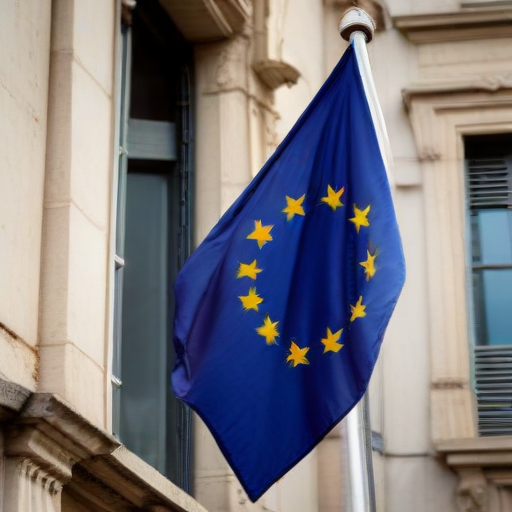Last week, the actions of party leaders within the European Parliament highlighted a troubling disconnect as significant global threats loom. Instead of urgently addressing these challenges, top Members of the European Parliament (MEPs) engaged in squabbles over political positions within the European Commission, which seem trivial in light of the geopolitical chaos surrounding Europe.
The encroachment of Vladimir Putin’s forces continues to threaten Ukraine, while Xi Jinping’s China is exploiting its substantial trade surplus to influence European dynamics and engage in covert operations. Meanwhile, the political landscape in the United States shifts with Donald Trump’s return, further complicating international relations. Mario Draghi, the former president of the European Central Bank, voiced a stark warning that the existence of the EU is at stake as leaders focus on internal politics rather than the escalating global tensions.
Ursula von der Leyen, the president of the European Commission, has been criticized for prioritizing negotiations over urgent decision-making to bolster Europe’s defenses and economic stability. Despite the issuance of a “competitiveness declaration” at the Budapest summit, the effectiveness of such promises remains uncertain without genuine commitment from national leaders.
Political instability within key EU member states, such as Germany and France, exacerbates the region’s challenges. The collapse of Germany’s government signifies a potential power vacuum, while President Macron faces significant opposition. He warns that Europe’s lack of economic and security independence could render it vulnerable to external pressures.
As Trump contemplates imposing heavy tariffs on imports, the implications for the European economy and industries could be dire, potentially leading to a global economic downturn. The looming uncertainty regarding U.S. military support for Ukraine heightens worries about Europe’s response to Russian aggression, especially with military aid dwindling and doubts about the EU’s ability to ramp up defense production.
In this precarious scenario, Polish Prime Minister Donald Tusk is making strides to foster alliances among pro-Ukraine nations within NATO. His proactive approach may serve as a blueprint for how Europe can effectively coordinate against external threats. As Tusk emphasizes cooperation with like-minded nations, it becomes clear that collective action is critical to counter looming dangers and ensure a stable future for Europe.
In summary, the European Union stands at a crossroads, facing a myriad of geopolitical challenges while grappling with internal divisions. Yet, the solidarity expressed by leaders like Tusk reminds us that unity and decisive action are essential for Europe to fortify its geopolitical standing and navigate a complex world. There remains hope that meaningful collaboration and a renewed focus on shared interests can pave the way towards greater security and stability for the EU.
